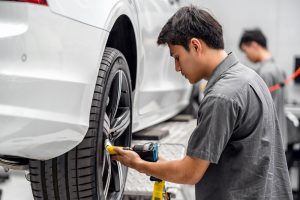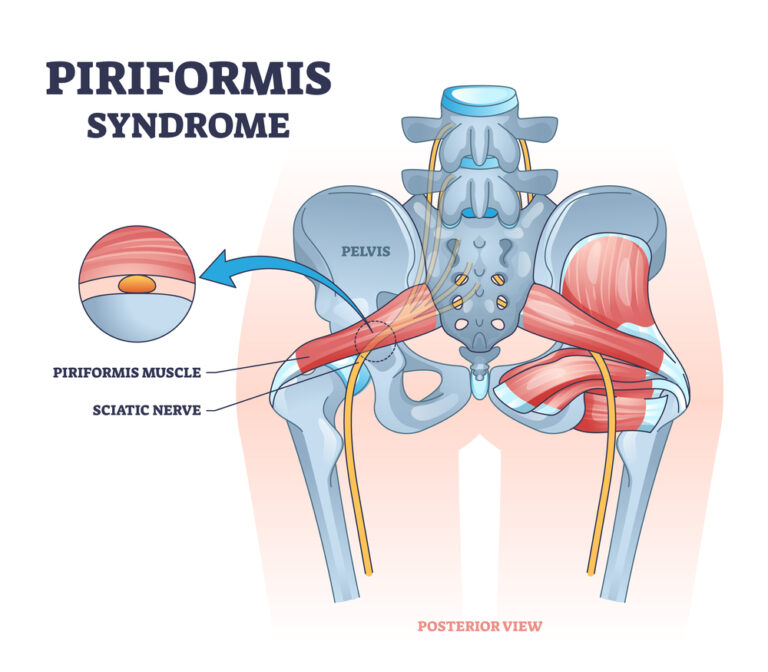Cars are an important part of our lives. Whether using a car to commute, go on family road trips, or just drive around town, it is a major part of how people live. But like many pieces of machinery, cars require maintenance in order for them to provide reliable service over the long term. The importance of keeping your car in good condition does not only save you from the inconvenience and higher insurance rates – this can also prevent any mechanical-related car accidents.
Every year, more than 1.2 million people are injured in auto accidents, with over 30 thousand of these being fatal. While many of these injuries can be attributed to human error or driver inexperience, most car accidents are caused by the negligence of drivers who neglect routine maintenance on their vehicles. This article is here to help you understand the common causes of accidents due to mechanical problems and how you can avoid them.
Wheels/Tires
Tire failure is the most common cause of mechanical failures leading to accidents. According to the National Highway Traffic Safety Administration, 35% of accidents happen because of problems with tires and wheels.
Worn tires are more likely to slip, take more distance to brake, and don’t grip the road as well. This is a problem when it rains or snows because you might not be able to stop in time. This could also lead to hydroplaning, a scenario where the car’s tires lose traction and cause it to slip and slide uncontrollably.
Knowing how to recognize when you need new tires will help with prevention and staying safe on the road. Tires should be replaced every six years or so if the vehicle drives more than 15,000 miles per year. Also, regularly check for any loose threads or misaligned tires since poor alignment can wear tires out faster.
Brakes
A major factor in rear-end collisions is bad brakes. Poorly maintained or poorly adjusted brakes can cause a vehicle to overshoot the brake pedal, which leads to more wear on the pads and eventually causes them to fail altogether. A car with worn-out brakes will also have reduced stopping power, which means that it takes longer for the car’s speed to decrease after pressing the brake pedal.
It’s important that you take your time when inspecting your brakes before driving off so as not only to avoid having any accidents but also to reduce wear. During your inspection, check for any leaking brake fluid, faulty ABS, or worn-out brake pads. The typical lifespan of a brake pad is 30,000 miles. A routine check-up with your mechanic will help reveal these problems and avoid hazards in the future.
Taillights and Headlights
Drivers rely on vehicle light signals in low-visibility conditions such as nighttime, fog, or heavy rain or snow. Even in broad daylight, this is the only way other drivers on the road can tell what direction your car is going in. What happens when a car hits you because of broken blinkers is not something you would wish to know. Always keep in mind that taillights and headlights are ways to keep you and the other drivers safe on the road.
Steering and Suspension
Your vehicle’s steering and suspension systems are what make it easy to control the direction of your car. Any problem with these could prevent you from moving too quickly if the need arises.
About 3% of mechanically related accidents are due to steering and suspension problems. Although the numbers are not much, no one would still want to be part of that percentage. Again, a routine maintenance check will help spot these problems to avoid road accidents.
Conclusion
Accidents may be unforeseen, but they can be avoided. The best way to keep your car safe is by routinely checking it and keeping up with the maintenance to avoid costly damages in the future.
If you have been to an auto accident and need help with rehabilitation, our team can help. Book an appointment with us now at N8 Family Chiropractic.
References:
https://www.consumerreports.org/
https://www.lowmanlawfirm.com/
https://www.bruninglegal.com/






